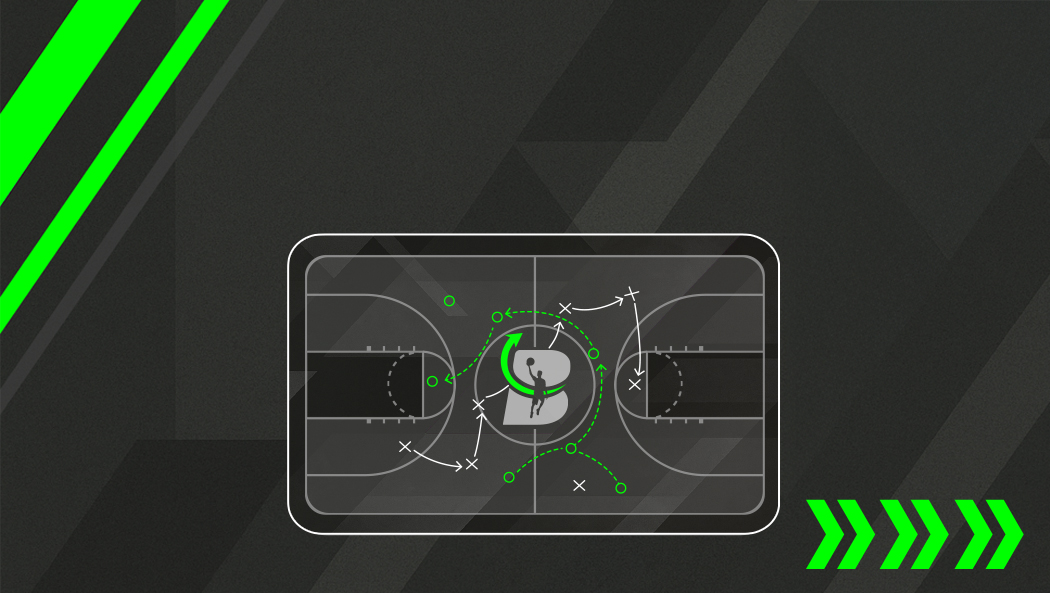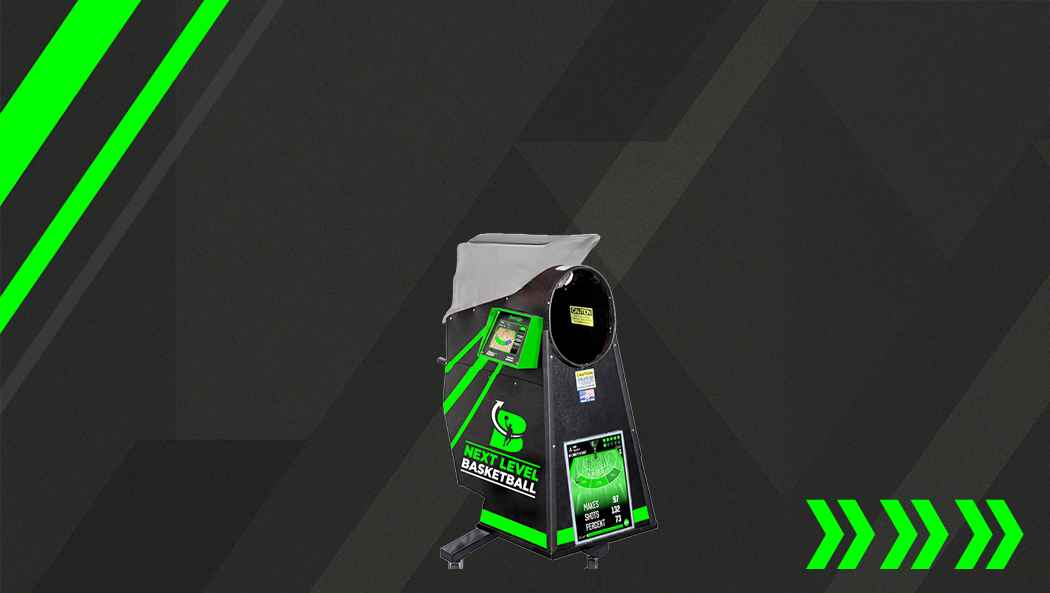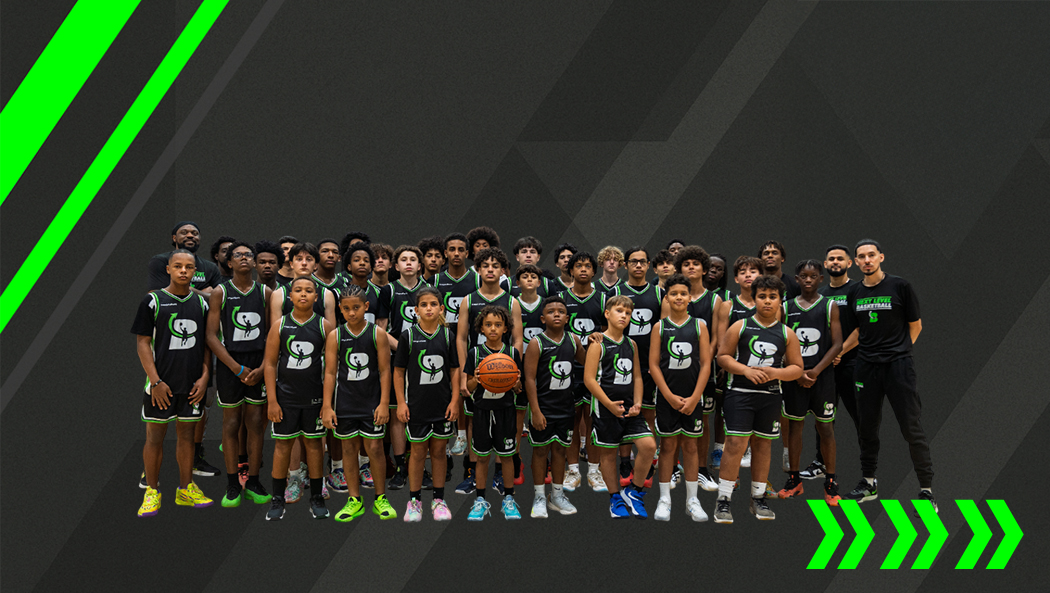Key Roles and Responsibilities of a Point Guard Explained
A point guard plays a vital role in basketball as the main player who controls the offense. Your job as a point guard is to handle the ball, set up plays, and create scoring chances for your teammates. You must think quickly, pass well, and keep the team organized on the court.
Point guards are often called the “floor generals” because they lead the team during the game. You need strong ball-handling skills and sharp vision to read the defense and make the right decisions. This position requires both leadership and smart playmaking.
You also have defensive duties, like guarding the opposing team’s best players and stopping fast breaks. Being a good point guard means balancing offense, defense, and teamwork to help your team succeed.
Key Takeaways
- You control the offense and create scoring chances for your team.
- Strong ball-handling and quick decision-making are essential skills.
- Leadership and defense are key parts of your role on the court.
Key Responsibilities of a Point Guard
You control the flow of the game and make sure your teammates work together smoothly. Your role includes sharing the ball well, starting offensive plays, and keeping the game’s pace steady.
Playmaking and Ball Distribution
As a point guard, your main job is to handle the ball and create chances for your team to score. You must be skilled at dribbling under pressure and passing accurately.
You constantly look for open teammates. When you spot a good opportunity, you deliver the ball quickly and precisely. This requires excellent court vision, so you see the whole court and anticipate how plays will develop.
Your decisions must be fast. A good pass can lead to easy points. You also need to protect the ball to avoid turnovers. Managing these skills helps your team maintain control.
Setting Up Offensive Plays
You act as the team’s on-court coach during the game. You call or signal plays that your team will run.
This means you study your teammates’ strengths and the opposing defense. You pick plays that give your team the best chance to score.
You direct players where to move and when to shoot or pass. Clear communication and confidence help your team follow your lead. Your ability to organize the offense affects the entire team’s performance.
Managing Game Tempo
Controlling the pace of the game is one of your most important tasks. You decide when to speed up or slow down the offense depending on the situation.
If your team needs quick points, you push the ball up the court fast. If you want to keep the lead, you slow down the game and use more of the shot clock.
This balance requires awareness of the score, time left, and energy levels of your team. Your management of tempo helps your team stay competitive throughout the game.
Essential Skills for Point Guards
To lead your team well, you need strong skills that help you control the game and create scoring chances. These skills include seeing the whole court, handling the ball under pressure, and making precise passes.
Court Vision and Awareness
Your ability to see what’s happening around you is crucial. You must notice open teammates, defensive setups, and spaces to exploit. This skill helps you make smart decisions quickly.
Staying aware also includes understanding momentum shifts during the game. Knowing when to speed up or slow down the play can help your team stay in control. Reading the defense lets you find the best spots for your teammates to score.
Good court vision means scanning the entire floor constantly. You don’t just focus on the ball but track players off the ball too. This helps you find passing lanes and avoid turnovers.
Dribbling and Ball Handling
You need strong ball handling to keep control in tight situations. Being confident with the ball allows you to drive through defenses and maintain possession.
Practicing different dribbling moves is essential. Crossovers, behind-the-back dribbles, and changes in speed keep defenders off balance. This creates space for you or your teammates.
Ball handling also includes protecting the ball under pressure. You face double teams and traps, so learning to adjust your dribble quickly is key. The more comfortable you are, the less likely you lose the ball.
Passing Accuracy
Precision in passing changes the flow of the game. You must deliver the ball exactly where your teammate needs it, often in tight spaces or on the move.
Good passing means timing and strength control. You must avoid passing too hard or too soft, which can lead to turnovers. Passing off screens and around defenders requires quick thinking and skill.
You’ll often pass in pick-and-rolls or to post players. Mastering these passes helps your team run efficient plays and get easy baskets. Practice different types of passes, like bounce passes and no-look passes, to increase your effectiveness.
Leadership on the Court
As a point guard, you guide your team during the game. Your role involves clear communication and sharp choices that keep the offense running smoothly. You must manage both directing players and making decisions quickly when under pressure.
Communication With Teammates
You need to talk constantly with your teammates. This means calling out plays, alerting them to opposing defenders, and signaling changes in strategy.
Clear communication helps your team stay organized. You give instructions on where to move and when to pass. Your teammates rely on your voice to know what’s coming next.
Good communication also means listening. You watch how the defense reacts and adjust your play calls. You keep your team ready for shifts in the game.
Decision-Making Under Pressure
You often make fast decisions while the game moves quickly. You decide when to pass, dribble, or shoot based on what the defense shows.
Your choices affect the whole team’s success. A wrong pass can lead to a turnover, while a smart move can set up an easy score.
Focus on reading the defense. Watch players’ positions and movements to find the best options. Confidence and quick thinking help you act without hesitation.
Defensive Duties
Your main defensive role as a point guard is to stop the opposing team’s playmakers. You need to guard the area around the key and make quick decisions to counter your opponent’s moves. Keeping control and applying pressure are crucial to slowing down the offense.
Perimeter Defense
You are usually tasked with guarding the other team’s point guard on the perimeter. This means staying close and using your body to limit their movement. You should keep your balance and use footwork to stay between your opponent and the basket.
Applying ball pressure forces the ball handler to make quicker decisions, increasing the chances of a mistake. You must avoid fouling while trying to steal or disrupt passes. Your ability to maintain position helps prevent drives to the basket and open shots.
Anticipating Opponent Moves
A strong point guard reads the offense well. You watch for patterns like picks or passes and position yourself to interrupt plays. Anticipation means predicting when your opponent will try to drive, pass, or shoot.
You should constantly communicate with your teammates to adjust the defense based on what you see. Being alert lets you react faster, increasing your chances of forcing turnovers or bad shots. This skill is key to controlling the game’s pace from the defensive side.
Point Guard’s Impact on Team Strategy
The point guard controls many parts of the game that directly affect how your team plays. They adjust their decisions based on the opponent and support both offensive and defensive plans. Their choices influence the team’s pace, scoring chances, and defensive responses.
Adapting to Opponents
A point guard watches the opposing team closely. If the other team applies tight defense, the point guard changes how they handle the ball. This might mean dribbling quicker to avoid pressure or passing more to find open teammates.
Point guards also exploit weaknesses. For example, if the opposing guard is slow, your point guard can push the pace to create fast breaks. Sometimes, they slow the game down to control the tempo when facing strong defenders.
They must read the defense and react instantly. By doing this, they keep your team one step ahead and make it harder for the opponent to predict your plays.
Supporting Offensive and Defensive Schemes
On offense, the point guard acts like a playmaker. They set up plays, decide who gets the ball, and deliver precise passes to create scoring chances. By controlling the ball well, they help your team run smoothly.
Defensively, point guards guard key areas like the top of the key and try to prevent easy shots. Their defensive pressure can force turnovers and disrupt the opposing offense.
The point guard also helps switch defenses or call out screens. Their leadership on the floor ensures that teammates stay organized and follow the game plan correctly on both ends of the court.
Gear up, hit the court, and excel at being a point guard today. Master the best techniques in playing basketball with Next Level Basketball. Call 954-621-8470 to book your first session.



